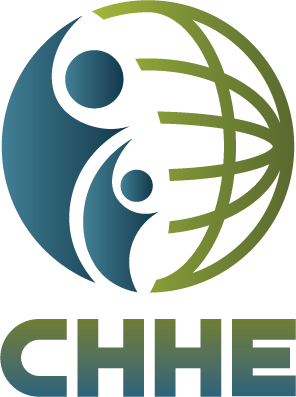Shobhan Gaddameedhi

Assoc Professor
Department of Biological Sciences
Toxicology Building 1210
919-515-3388 sgaddam4@ncsu.eduBio
Shobhan Gaddameedhi joined NC State in July 2020 as a Chancellor’s Faculty Excellence Program cluster hire in Environmental Health Science. He is an associate professor in the Department of Biological Sciences and director of the Circadian Clock and Genotoxic Stress Laboratory located in the Toxicology Building at Centennial Campus. He is a full member of the Toxicology Graduate Program and the Center for Human Health and the Environment (CHHE).
Gaddameedhi’s research focuses on three major areas on human health: unraveling the molecular basis of the circadian clock’s function in UV-DNA damage repair as it pertains to environmental health outcomes through ‘gene-environment’ interactions; understanding the mechanistic basis for genomic instability, cardiovascular toxicity, and skin carcinogenesis through circadian disruption by shift work; and understanding the effect of emerging environmental contaminants on circadian rhythmicity, sleep, genome integrity and carcinogenesis. Overall, the research from his lab will provide a mechanistic understanding of the biological clock’s role in “gene-environment” interactions and its impact on environmental disease prevention and therapeutic efficacy.
Gaddameedhi is a recipient of the 2013 National Institutes of Health (NIH)/National Institute of Environmental Health Sciences (NIEHS) K99/R00 Career Development Award, the 2018 Department of Defense/Congressionally Directed Medical Research Programs Career Development Award, and the 2020 NIH/NIEHS Outstanding New Environmental Scientist/ONES Award. In addition, Gaddameedhi is a recipient of the 2013 UNC Postdoctoral Award for Research Excellence, the 2018 American Society for Photobiology New Investigator Award and the 2018 Environmental Mutagenesis and Genomics Society Newly Independent Investigator Program Award.
Before joining NC State, he worked from 2014 to 2020 as an assistant professor of pharmaceutical sciences at Washington State University. Gaddameedhi received his master’s degree in plant sciences from the University of Hyderabad, India and his Ph.D. in pharmaceutical sciences from North Dakota State University. He then pursued his post-doctoral training in the circadian biology and DNA repair fields with Prof. Aziz Sancar at the University of North Carolina Chapel Hill from 2008 to 2014.
The outstanding neighboring research institutes (UNC, NIEHS, and Duke) drew Gaddameedhi’s interest back to working in the Research Triangle Park area. However, what solidified his resolve to return was the state-of-the-art research facilities, excellent supportive research environment, outstanding environmental health sciences faculty and colleagues, and interdisciplinary research programs present at NC State.
Research Impact Dashboard
Publications
- In vivo investigation of STN1 downregulation in melanoma formation in adult mice following UV irradiation , (2025)
- In vivo investigation of STN1 downregulation in melanoma formation in adult mice following UV irradiation , (2025)
- In vivo investigation of STN1 downregulation in melanoma formation in adult mice following UV irradiation , PLoS ONE (2025)
-
Long‐term sub‐erythemal
UVB exposure does not impact circadian rhythms in mice under standard and rotating shift light conditions , Photochemistry and Photobiology (2025) - 0096 Simulated Night Shift Schedule Alters Endogenous Temporal Regulation of Glucose and Insulin , SLEEP (2024)
- Inspiring basic and applied research in genome integrity mechanisms: Dedication to Samuel H. Wilson , Environmental and Molecular Mutagenesis (2024)
- Molecular-Level Dysregulation of Insulin Pathways and Inflammatory Processes in Peripheral Blood Mononuclear Cells by Circadian Misalignment , Journal of Proteome Research (2024)
-
A new role of
TRPM8 in circadian rhythm and molecular clock , Acta Physiologica (2023) -
Telomere dysfunction in Tert knockout mice delays
BrafV600E ‐induced melanoma development , International Journal of Cancer (2023) - The impact of shift-work light conditions on tissue-specific circadian rhythms of canonical clock genes: insights from a mouse model study , F1000Research (2023)
